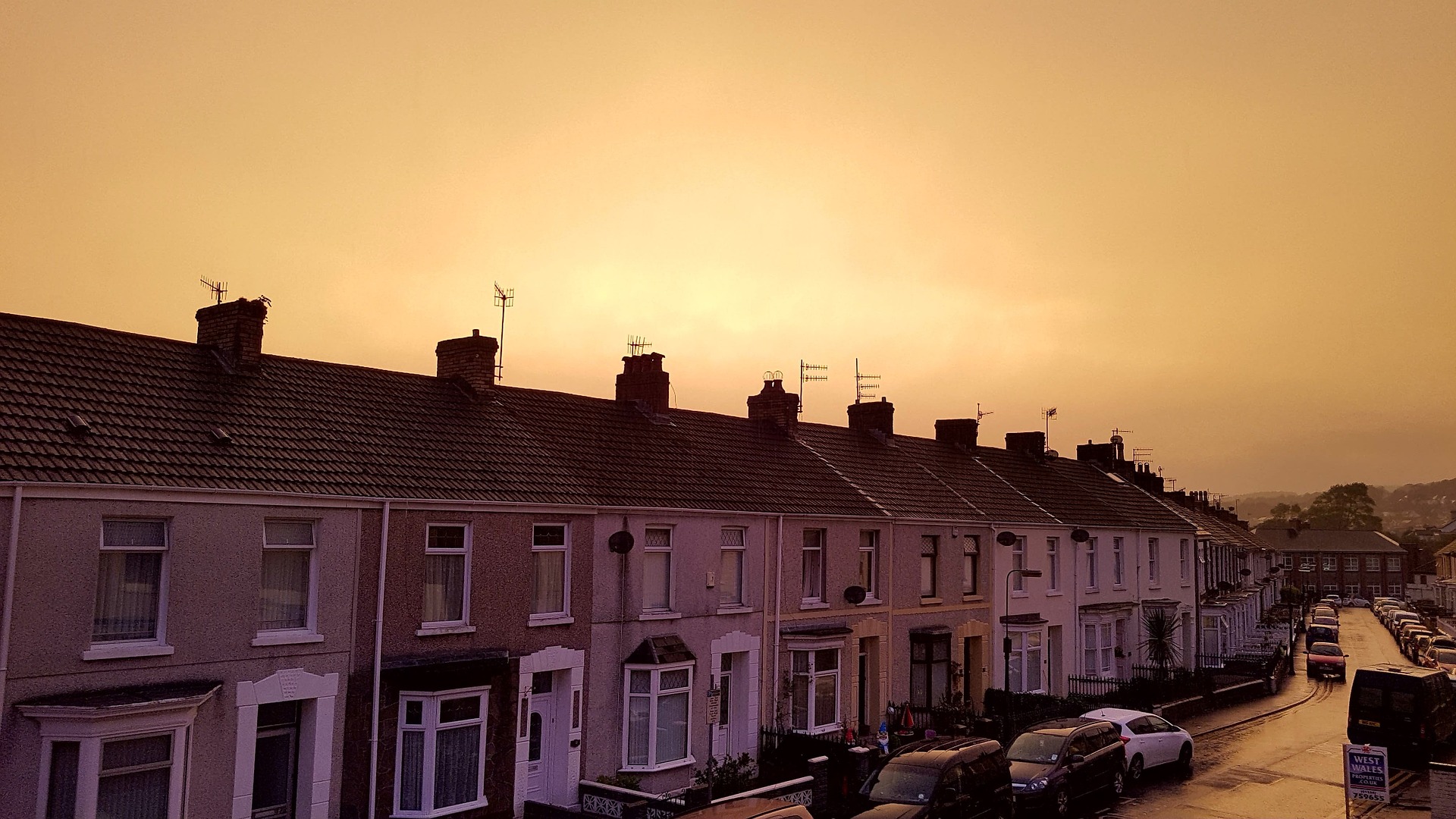Subscribe to my free monthly newsletter:
Choosing student accommodation is an exciting time and a further step towards independence. Living with a group of good friends is great fun, however, to avoid a year of house woes there are some things you want to take note of before prior to signing.
Running Costs
The running costs of student accommodation can be quite low taking into account that bills are split but the type of house that you choose can increase this. The cost of gas and electric will be the highest so it is important that these are reduced as much as possible. Before choosing a property, there are certain things you can look out for that will ensure your energy bills don’t go out of control
Utility bills for student accommodation are lower due to being divided
between multiple individuals, the type of house you choose will have an impact on these costs. Larger, older houses typically require more energy to keep warm. Fortunately, all rental properties need an energy performance certificate which tell you how efficient a home is.
Energy Performance Certificate
Every rental property in the UK legally requires an up to date energy performance certificate (EPC). The certificate lists the energy efficiency of the property. Letting agents should provide you with a copy but this can happen just before you sign the contract. Fortunately, EPC certificates are freely available online if you know the address of a property. To find one, use https://www.epcregister.com/. Look out for the current grade of the building and it’s potential. An ‘A’ grade is the best and the minimum score that is allowed for a rental property is an ‘E’ grade, although this is quite poor. The UK average is a ‘D’ grade so anything above that is generally quite good for a student accommodation. An EPC must be done every 10 years and a recent EPC is more useful.
Double-Glazing
No, this isn’t an advert to sell you it but it is something to definitely look out for. A property without double-glazing would be knocked off of my shortlist immediately. Double glazing acts as an insulator to keep your house warm and also provides sound insulation. Without double glazing, look forward to cold rooms and condensation on your windows which will inevitably lead to mould.
Damp
This is a key one, inspect ceilings, bottom corners of all rooms, on the windows and behind things like sofas and beds for any sign of mould. If a house has a recurring mould problem then it is not only time consuming to deal with, but is also a health issue as breathing in mould spores can damage your lungs. Constantly buying products to treat and remove mould is also expensive and mould is a common way to lose your housing deposit at the end of a tenancy.
Boiler Age
The age of a boiler effects its efficiency and how effective it is at heating up water to provide heat for your student accommodation. An older boiler is also more likely to break down which could leave you without hot water at the worst time. Try to take the make and model of the boiler and have a look online to see if it is modern and efficient. Take into account, if your boiler does break, your landlord should replace it very quickly.
The Contract
You should always fully read any contract you are given as it will explicitly state who is responsible for certain things. For example, it may state you are responsible for maintaining the garden. Forgetting this may lead to a big chunk being taken out of your deposit at the end of the tenancy. Also make sure that you are aware of the length of the contract, most student accommodation will be 12 months.
Bills Included
Bills included is often used as a lucrative enticement for student accommodation with promises of never having to ring up the energy company and wait on hold for an hour just to get your own money back. Check your contract to see if there is a limit on how much gas and electric you can use, calculate what this would be per day and see if this is reasonable. For comparison, I lived in a student accommodation shared between 5 people and we averaged a gas usage of 15 kWh/day and an electricity usage of 5kWh/day. This was with in student accommodation with an EPC of D and it didn’t have the best level of insulation and we weren’t occupying the property on university holidays. If there is a quota, make sure you are aware of what the charge is per unit of energy once you have gone over your quota. Finally, make sure you are aware of what bills are included. Is water, internet, maybe even a TV license included?

Safety
Crime in student accommodation areas tends to be higher. A lot of the houses are left vacant for 20 weeks a year making them easy targets for thieves. Student houses may also have up to 8 sets of expensive gadgets making them a high value target as well.
Door Locks
Having a lock on your door is extra piece of mind for when you are out or asleep. A door lock can also reduce the price you pay for contents insurance but with that you may only be able to claim if your door was locked!
Smoke Alarms
It is a legal requirement to have working smoke alarms in a rented property and it is the responsibility of your landlord to ensure that they are working. Feel free to ask the letting agent if you can give the alarm a quick test. A test is usually done by pressing the button once to turn it on, and then again to turn it off.
Repairs
The state of repairs of a property are a great indication of how good the landlord or letting agent is. If there are lots of things that need repairing then it could indicate that maintenance is done slowly or not at all. If the agent was happy to let you view student accommodation that is in a poor state, think how that reflects on the agency. Take into account that this could be caused by tenants not reporting any issues. Before signing a contract you can request that certain things be done to the property (e.g. put up blackout curtains). Make sure you get these requests and approvals in writing but remember that the landlord doesn’t have to agree to your requests.

Furnishings
This may sound simple but there are many cases of people moving in to a student accommodation expecting things like a microwave to be present and it is not. Make sure you get in writing exactly what will be in the property before you commit to a contract. Most student accommodation is furnished which means you will have a bed, wardrobe and a desk and the kitchen will at least have a washing machine, oven and hob with a fridge/freezer. Finally, if there are lots of you sharing a house, will the fridge/freezer be big enough?
Student Accommodation Agencies
Read reviews of any agents or landlords you use. Try to talk to the current tenants when on a viewing about their experiences. Take into account the mannerisms of the agent or landlord. If they are not that interested in showing you around the property, take that as a sign that they will not be interested in listening to any issues you may have in the future! Online reviews can be, and often are, faked so try to speak to people that have used the agency or landlord before. Furthermore, make sure that the agency does not try to charge you any fees. Most fees for letting houses, including student accommodation are now illegal. Shelter explains which fees can be charged and which can not.
Council Tax
As a student, you are exempt from council tax. Be wary that if you are a lone student who is looking for a room in a shared house, if one of the residents is not a student, then the household is liable for paying council tax. For a full council tax exemption, all residents must be students.
Do you have any student accommodation from hell stories, or any tips you would share with students looking for a new house? If so, leave a comment!
Andrew
Subscribe to my free monthly newsletter:
Recent Posts
-

What Day is the Best to..
Feb 7, 2021 -



Do STEM Students Pay for Non-STEM..
Nov 18, 2020 -



What do Investing and Gardening Have..
Sep 9, 2020 -



Switching Energy or Insurance Suppliers Isn’t..
Sep 3, 2020 -



Banning “No DSS” On Rented Property..
Aug 31, 2020

